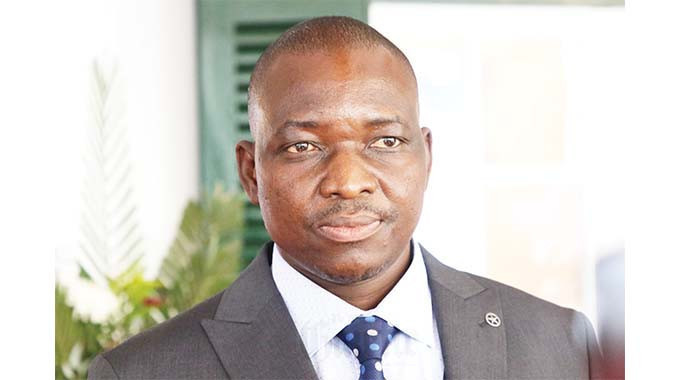
ZIMBABWE’S mines minister claimed this week he had not been appropriately appraised about concerns over steep government fees and royalties which executives say are an albatross on the industry.
Zhemu Soda, who was re-assigned to the ministry following the August 2023 elections, told the Zimbabwe Independent that ‘I can’t address an issue that has not been brought to my attention.’
When he switched portfolios, Soda took over an industry that was already struggling to ride over challenges underlined by falling international commodity prices in 2023.
Concerns over what industry players say are the highest royalties, fees and taxes in the region have been cited among the hurdles holding back foreign direct investment (FDI) inflows into Zimbabwe’s mining industry.
Zhemu insisted that industry officials had not made him aware of their concerns.
“They know how they present their issues in case there are areas that require the intervention of the ministry. The industry itself is aware and there are various associations which can approach the ministry. I cannot say ‘this is what we are doing’ until they have approached the ministry with their concerns. They are also free to approach the Ministry of Finance,” he said.
But authorities have also placed the mining sector among four critical sectors expected to lead economic recovery, along with agriculture, manufacturing and tourism.
Under a five-year strategy announced in 2018, annual mining sector revenues were expected to rise to US$12 billion in 2023, from about US$2,7 billion in 2017.
- Severe power outages loom: Zesa
- Interim board for PetroTrade
- Govt injects US$5,5m into cadastre system
- MPs grill Mines secretary
Keep Reading
But the Chamber of Mines of Zimbabwe (CoMZ) warned in 2022 that the target would be difficult to achieve unless authorities tackled the industry’s problems.
Annual revenues for 2023 had not been out as of this week.
But the Chamber projected in 2022 that the industry would generate about US$7 billion last year.
In a paper titled ‘Softening Mineral Prices Weighing Down Viability of Mining Projects’, submitted to authorities, by the CoMZ in October, miners said the industry had gone through its worst 12 months in decades.
“Over the past 12 months, the mining industry has witnessed softening of prices for most key minerals, with rhodium (dropping by -74%), lithium (-69%), palladium (-41%), diamond (-60%) and nickel (-8%) the most affected,” the paper said.
“The prices are coming down at a time the cost structure for the mining industry has increased, propped up by high electricity which went up by more than 40% in the last 11 months. The situation has been compounded by recent increases in royalty for platinum and lithium. Also in the past 11 months, royalty for platinum was increased by 180% from 2,5% to 5% while that for lithium was increased by 150%, from 2% to 5%. The above challenges have severely weighed down on the viability of mining projects with affected mining companies reporting that their overall cost has increased by more than 10%,” the document reads.
“While mining companies have tried to reduce their costs through various strategies including cutting back on capital expenditure and optimising their businesses, the viability gap is so huge that only with government intervention in the form of electricity tariff and royalty reduction that viability can be restored,” the Chamber warned.
In interviews with the Independent, mining industry executives this week said the ‘onerous’ royalty regime could ruin the sector.
“The royalty and tax regime is too burdensome,” one executive said, speaking on condition of anonymity.
“The country's current tax regime is not encouraging for international investment in mining. This has had a negative impact on the growth of the sector, which has a huge potential to contribute to the economy,” the source said.
But according to Pfungwa Kunaka, permanent secretary of the ministry, the government had been helping mining houses through the provision of a number of incentives.
“Government is supportive of mining companies,” he said.
“It is offering incentives such as VAT deferment, giving projects the national project status and duty rebates where applicable. Sentiments are often raised that the royalty regime is burdensome.
“It would appear that generally, mining ventures are currently viable although the challenges will arise if the current slump in mineral prices continues for too long,” he added.
Zimbabwe is endowed with two prominent geological features namely the rich Great Dyke and the ancient Greenstone Belts (also known as Gold Belts) which are home to billions worth of reserves in chrome, gold, nickel, diamond, iron ore and platinum.
The country has a massive competitive advantage in the mining sector with a highly diversified mineral resource base of over 40 commercially exploitable minerals.







